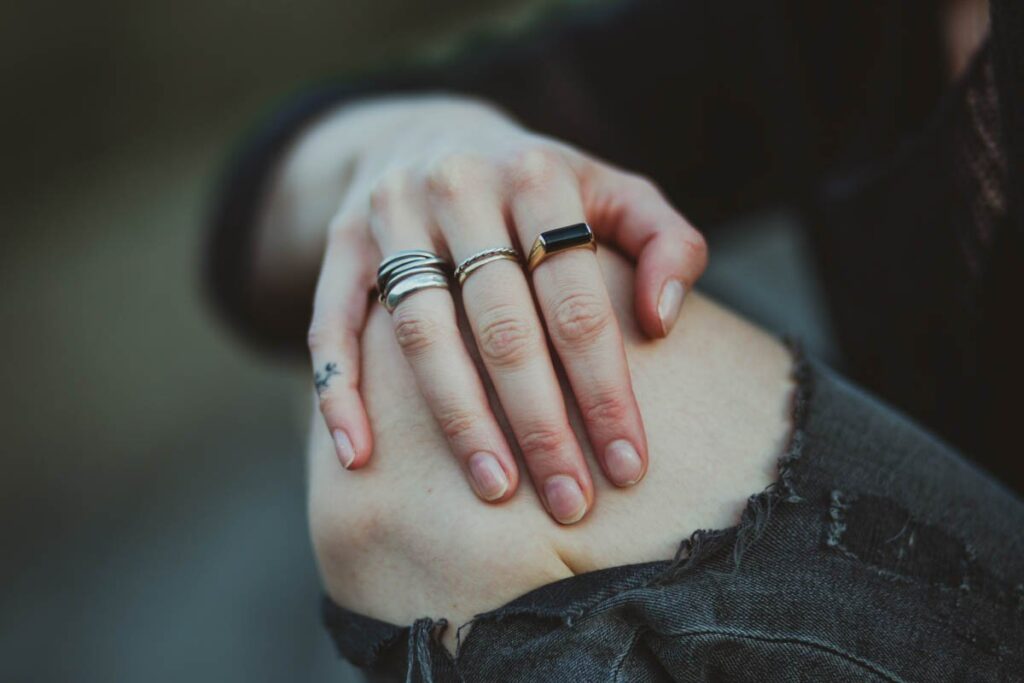Health Anxiety

Learn

What is Generalised Anxiety?
This a self-help booklet designed to help you manage difficulties with worry by using strategies to manage the thoughts, behaviours and feelings associated with worry.

What is Health Anxiety?
Most of us know what it’s like to worry about our health at some point in our life. But for some people, worries about being ill or becoming ill are overwhelming and begin to take over their life. This level of worry is called health anxiety.
Self-Assess
Do you worry too much about your health?
If you find that you’re preoccupied with your health and frequently thinking that you have an illness, then you may have something called health anxiety.
If so, you might recognise some of the common experiences described below:
How your body might feel
- “Strange” sensations in your body
- Fast or shallow breathing
- More aware of how your body feels in certain places
- Tension or tightness in your muscles
- Headaches
- Increased pain
- Restless, unable to relax
- Tingling, dizziness
- Feeling exhausted or unwell
Thoughts you might have
- “If I don’t get this checked, I’ll regret it/something bad will happen”
- “I think I have a serious illness”
- “My friend has an illness – I’m likely to get it too”
- “I’m worried that the doctor has missed something”
Feelings you might have
- Upset and sadness
- Feeling keyed up or on edge
- Overwhelmed
- Anticipation and dread
- Irritable
Things you might do
- Ask people around you for reassurance
- Google symptoms and research different conditions
- Repeatedly check different parts of your body to detect symptoms
- Make frequent visits to see your GP
- Behave as you would do if you were ill e.g. avoid exercise, stay in bed
If these look very familiar to you, then you might find it useful to learn more about health anxiety in the ‘Learn’ section above. You’ll also find some helpful tips and advice on how to manage your anxieties in the ‘Manage’ section below.
Manage

Helping Health Anxiety
This course is based on strategies from cognitive behavioural therapy which are known to be helpful for people struggling with health anxiety. You can find information about how to shift your focus of attention from your physical sensations, how to re-evaluate your thoughts regarding health, and how to manage checking and reassurance-seeking behaviours.

COVID-19 and Health Anxiety
A resource sheet about Covid-19 Health Anxiety produced by Care First.

Pain Concern – Relaxation
This leaflet is designed to help you understand what stress is, inform you as to why is it important to be able to relax when you have chronic pain and provide some relaxation exercises for you to try.

Tips on Managing Change in Our Lives
We all have to cope and manage with change in our lives for lots of reasons. Here are some tips and thoughts on navigating through a period of change.

Computerised Cognitive Behavioural Therapy
Cognitive Behavioural Therapy – CBT – is a psychological therapy based on the relationships between what we think, what we do and how we feel. CBT teaches you how to recognise and tackle problems in the here and now, rather than in the past.
Support
In time, you might find that your ability to manage your health anxiety improves on its own, with support from people in your life, or with tools to help you manage.
However, if things don’t improve or if you’re having difficulties with your mental health more generally, please make sure that you contact your GP to ask for support.
The organisations below may also be helpful:
- iThrive (previously Edspace): an online space for mental health and wellbeing in Edinburgh. https://ithriveedinburgh.org.uk/
- The Silverline: a free confidential helpline providing information, friendship and advice for older people. Phone: 0800 470 80 90 (free to call, open 24/7, 365 days per year). https://www.thesilverline.org.uk/
- Breathing Space: free and confidential phone service if you are feeling low, anxious or depressed. Phone: 0800 83 85 87 (free to call, Mon-Thur 6pm-2am; Friday-Mon 6pm-6am) https://breathingspace.scot/
- The Samaritans: emotional support for anyone in emotional distress. Phone: 116 123 (free to call, open 24/7, 365 days per year) https://www.samaritans.org/
- SAMH: offers support and information about mental health problems. Phone: 0344 800 0550 https://www.samh.org.uk/
- Managing loneliness: https://www.nhs.uk/conditions/stress-anxiety-depression/loneliness-in-older-people/
Domestic Abuse Support
- National Domestic Abuse helpline: 0808 200 246 (free to call, open 24/7) https://www.nationaldahelpline.org.uk/
- Scottish Woman’s Aid: Tel 0800 027 1234 https://womensaid.scot/
- Abused Men In Scotland (AMIS): Tel 0808 800 0024 (free to call, open Mon-Fri 9am-4pm) https://amis.org.uk/













